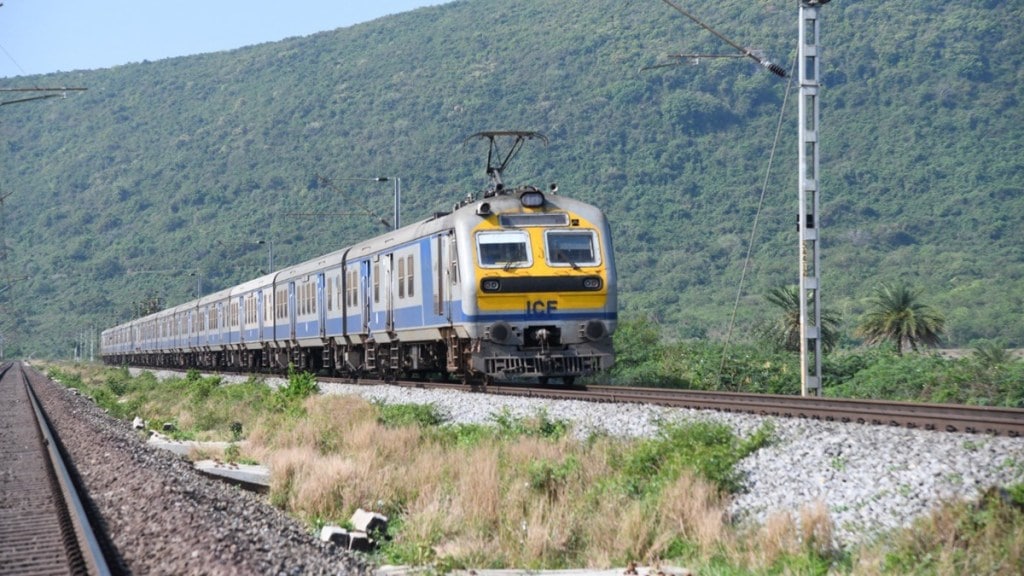The average speed of passenger trains has increased slightly, but the average speed of freight trains has remained the same as the pre-Covid time of 2019-20, according to government data which Railway Minister Ashwini Vaishnaw shared the data on Friday in Rajya Sabha in a written reply to questions raised by CPI (M) MP V Sivadasan on the average speed of different types of passenger and freight trains in the last five years.
The data showed that the average speed of freight trains was 23.6 km/hour in 2019-20 and 2023-24 (till November), while the average speed of mail/express trains increased from 50.6 kmph in 2019-20 to 51.1 kmph in 2023-24 (till November). The average speed of ordinary trains also improved from 33.5 kmph in 2019-20 to 35.1 kmph in 2023-24. The Railways did not share the data of 2020-21 and 2022-23, saying that it was not representative, being affected by the Covid pandemic.
Various factors for the low speed of trains
Sources in the Railway Ministry said that the average speed of all trains improved post-Covid when operations were resumed in a phased manner, but since the full operations were started in June 2022, they did not report the data of 2021-22 and 2022-23 for comparison.
Senior train controllers and goods train drivers said that several factors such as shortage of manpower in the control department, over utilisation of track leading to congestion, ongoing maintenance of signal, track, OHE etc. were some of the reasons that restricted the speed of trains, both passenger and goods.
Suggestions for improvement
Senior railway officials also said that earlier, due to higher pay scales and added benefits, the major feeder cadre (station master) had a fast promotional avenue, but now, due to the identical grade pay of station masters and section controllers in the VIIth CPC (Central Pay Commission), there was a reluctance from the station masters category to apply for the train controllers post.
They suggested measures such as higher salary and perks for controllers, who perform the most stressful and challenging task and are crucial for safe and smooth train operations. They also said that the control department was among the most important in the Railways, but it had been neglected by the Railway Board.
They said that very few from the feeder cadre opted for the job, as it was highly intensive and demanded sustained attention throughout their duty hours. They also cautioned the railways to avoid transferring medically unfit persons to the control section, as it would affect their health and the performance of the setup.

